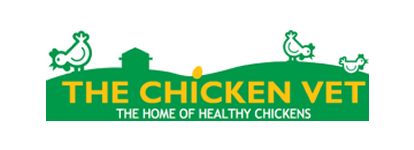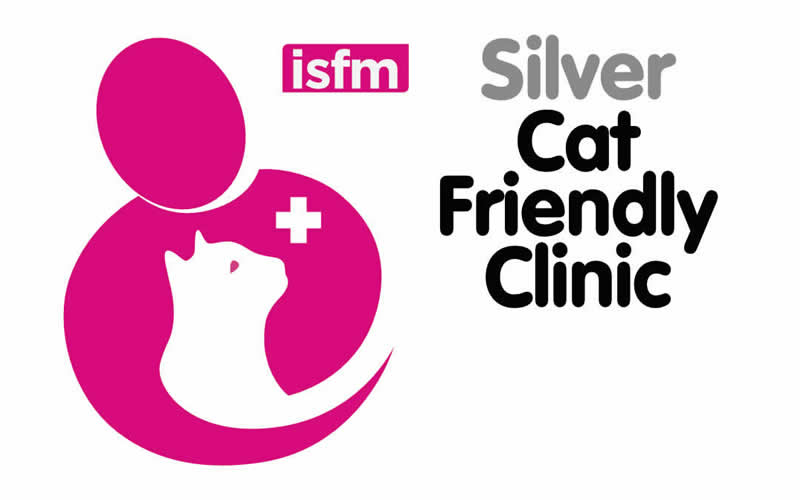Invertebrate Vet Care
Chalkland Vets Calne Introduces Expert Invertebrate Veterinary Care
At Chalkland Vets Calne, creating a warm and welcoming environment is at the heart of what we do. Our new Invertebrate Veterinary Service brings the same professional standards and compassionate, “care you can trust” approach you’ll recognise from our Calne, Chippenham, Corsham, and Melksham practices.
Who We Treat
Our experienced veterinary team, including those with exotic‑patient expertise, now offer consultations and treatment tailored for a broad spectrum of invertebrate pets. We specialise in—but are not limited to:
- Millipedes, particularly larger species like the African Giant Millipede (Archispirostreptus gigas), where nutrition, humidity tolerance, and careful handling during moulting are critical.
- Giant African Land Snails (Achatina spp.), whose calcium metabolism, shell integrity, and respiratory health require specialist husbandry and veterinary insight.
- Tarantulas, from rose‑hair species to larger New World spiders, with a focus on correct humidity, enclosure ergonomics, and safe, gentle examination.
We also welcome other invertebrates—such as stick insects, beetles, scorpions, mantids, and more. Please get in touch to check if your species can be seen.

Common Health Concerns We Manage
Our clinical knowledge extends deeply into invertebrate medicine, including diagnostics and species‑specific treatment:
Millipedes
- Moulting issues: Retained exuviae, secondary infections or limb loss due to incomplete sheds.
- Nutrition imbalance: Often calcium or vitamin deficiencies affecting exoskeleton strength.
Giant African Land Snails
- Shell damage or decay: From trauma, poor substrate, or dietary calcium insufficiency.
- Parasitic or bacterial shell and respiratory infections: Especially in excess humidity or unhygienic setups.
Tarantulas
- Failed moults: Particularly problematic for larger, fast‑growing species.
- External mite infestations: These can stress the spider or transmit pathogens.
- Dehydration and humidity dysregulation: Which can alter feeding behaviour and moulting success.
Across species, we also see common fungal or bacterial infections due to damp conditions or unsanitary enclosures. At Chalkland, we have the equipment and protocols to perform diagnostic sampling, cytology or microbial cultures as needed.
Our Approach and Facilities
- Tailored health plans: Each patient receives a full physical examination, with diagnostics chosen appropriately—such as scoped shell examination, exuvia review, or mite screening.
- Treatment & husbandry advice: From specific dietary plans (e.g. calcium-rich sources for snails) to humidity control for tarantula enclosures or substrate suggestions for millipedes.
- Owner education: We empower keepers with clear, practical guidance on enclosure setup, moulting care, hydration, and when to seek help.
As with our other services (e.g., keyhole surgery, physiotherapy, ophthalmology) staffed by experienced colleagues such as Dr Jose Pedro Fernández Pascual for exotics surgery, our exotic and invertebrate offering reflects the same excellence in clinical practice.











